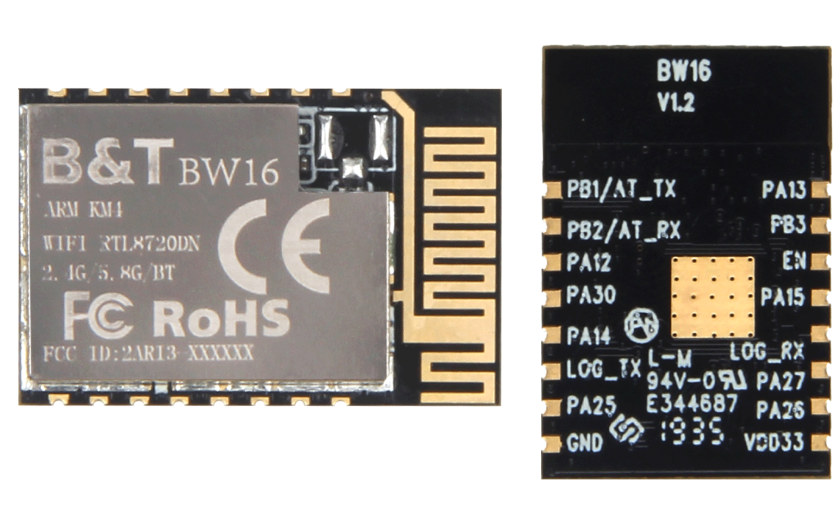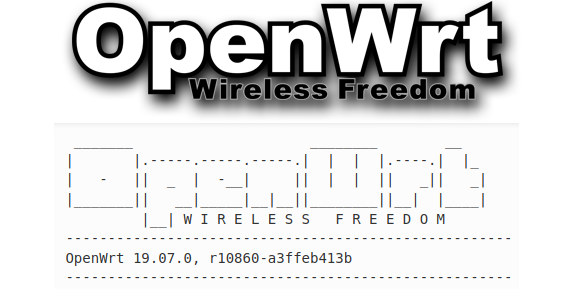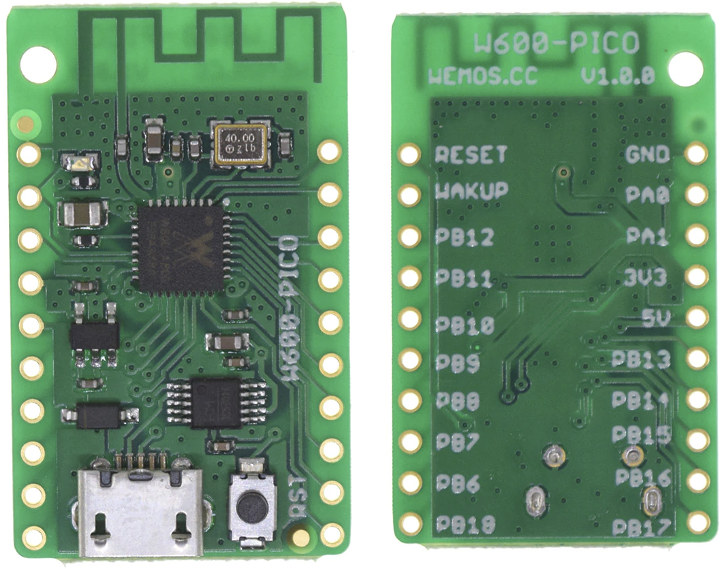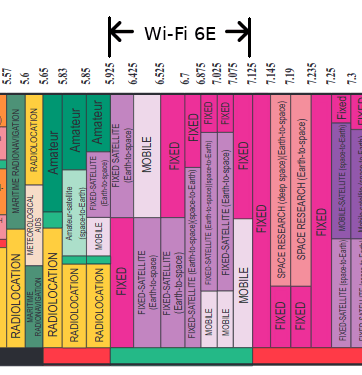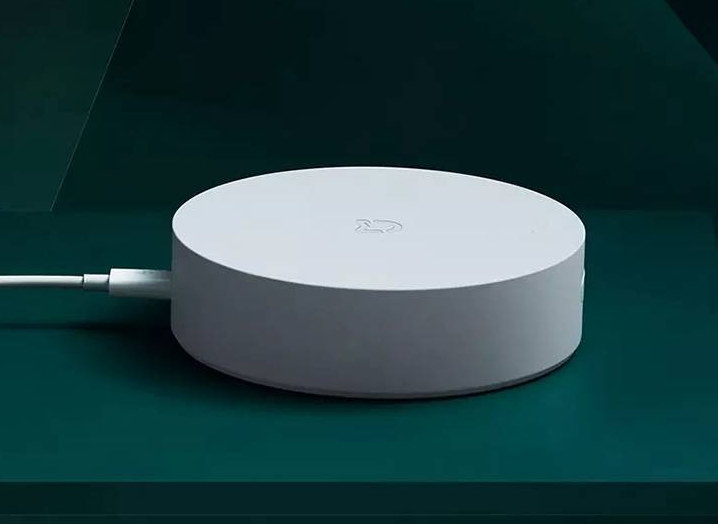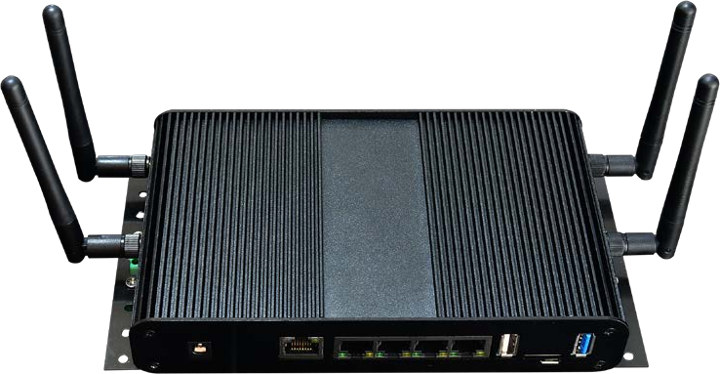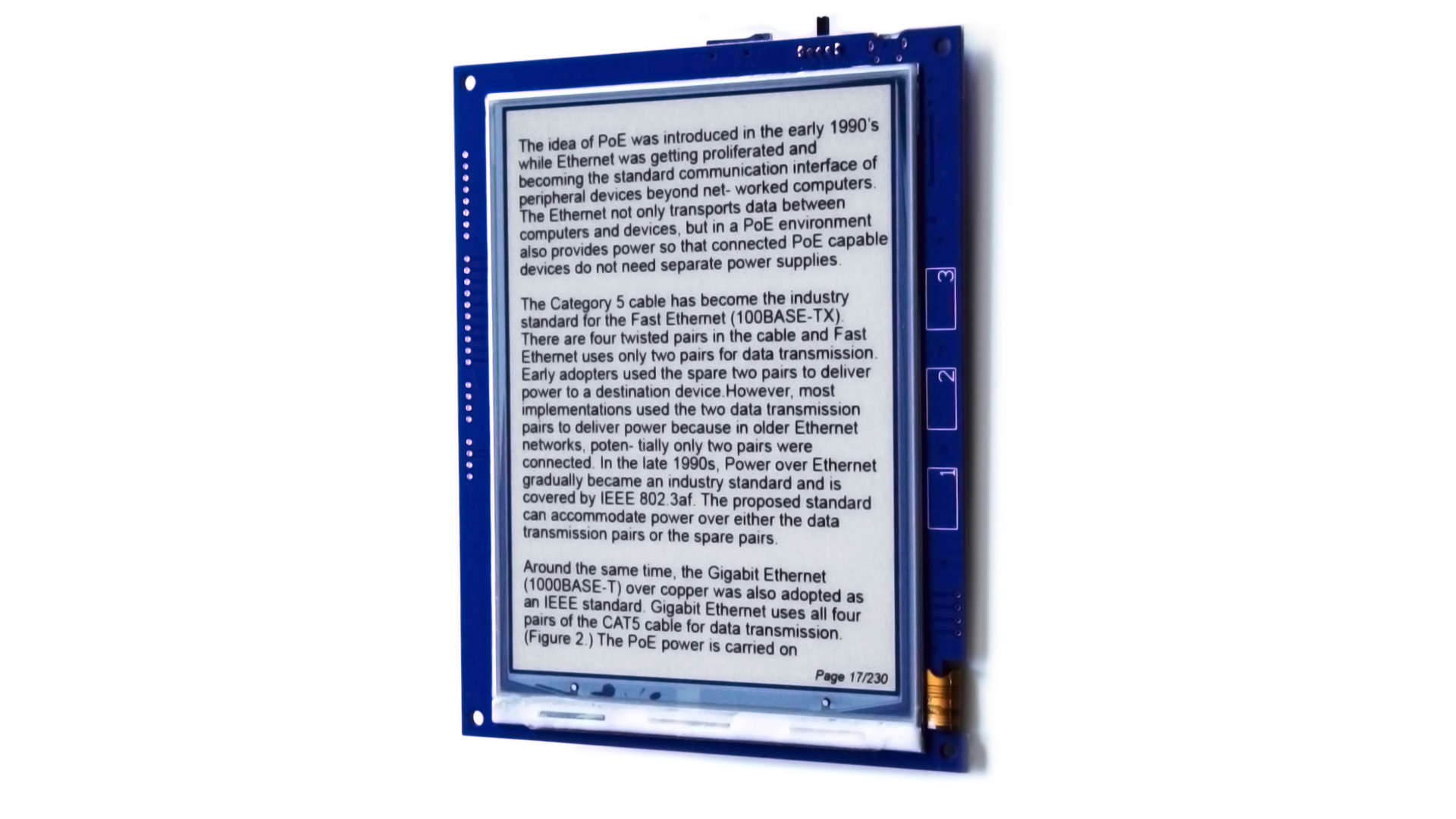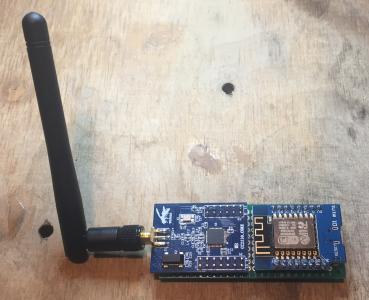There are plenty of 2.4 GHz WiFi modules for IoT project based on processors ranging from Espressif Systems ESP8266 to TI CC3200, or Realtek RTL8710. Some others add Bluetooth 4.2/5.0 such as Espressif Systems ESP32, but it’s much harder to find solutions with dual-band WiFi especially if you have a tight budget for your project or product. But Realtek RTL8720DN – part of AmebaD family – offers just that with the Arm Cortex-M4/M0 wireless MCU supporting dual-band (2.4/5.0GHz) 802.11 b/g/n WiFi and Bluetooth 5.0 connectivity, and found in modules currently selling for as low as $3.90 or 24 RMB in single units. B&T BW16 RTL8720DN Module Specifications: Wireless SoC – Realtek RTL8720DN MCU with KM4 Arm Cortex-M4 core @ 200 MHz and KM0 Arm Cortex-M0 core @ 20 MHz Connectivity WiFi 802.11 a/b/g/n WiFi 4 Frequency Range – 2.412-2.484GHz & 5.180-5.825GHz Data Rates 802.11a: 6,9,12,18,24,36,48,54Mbps 802.11b: 1,2,5.5,11Mbps 802.11g: 6,9,12,18,24,36,48,54Mbps 802.11n: […]
OpenWrt 19.07 Released with WPA3 Security, a Faster LuCI web interface
OpenWrt is a popular Linux operating system targeting embedded devices, usually routers (but not only), and serves as a complete replacement for the vendor-supplied firmware on supported devices. The developers released OpenWrt 19.07 on January 6, to succeed OpenWrt 18.06 the previous stable release. The new version brings various improvements including WPA3 support, client-side rendering of the LuCI web interface for faster rendering or a lower-load on the router, and introduces the ath79 target for MIPS routers with device tree support. While WPA3 WiFi security is part of OpenWrt 19.07, it is not enabled by default because the necessary packages hostapd-openssl (access point), wpa-supplicant-openssl (station support only) and wpad-openssl (AP + station) take a fair amount of space, and won’t fit on devices with 8MB flash or less. Another reason for not enabling WPA3 is that many existing client devices will never support WPA3, and some client devices that support […]
$2 Wemos W600-PICO WiFi IoT Board Ships with MicroPython Firmware
Wemos has designed some great WiFi IoT boards over the last few years with products like Wemos D1 mini or Lolin32 based on Espressif Systems ESP8266 and ESP32 processors respectively. But the company has recently launched its cheapest board ever, with W600-PICO board going for just $2.10 + shipping. The board is based on Winner Micro W600 Arm Cortex-M3 WiSoC, and comes pre-loaded with MicroPython firmware. Wemos W600-PICO V1.0.0 specifications: SoC – Winner Micro W600 Arm Cortex-M3 MCU @ 80MHz with 1MB Flash Wireless Connectivity – 2.4GHz 802.11 b/g/n WiFi 4 up to 150 Mbps USB – 1x Micro USB port for power and programming (via CH340 USB to TTL chip) Expansion – 2x 10-pin headers with 15x GPIO, 9x PWM, 1x I2C, 1x SPI, 1x UART, Wake Up, Reset, 5V, 3.3V, and GND signals; 3.3V I/O voltage. Misc – Reset button Power Supply – 5V via micro USB port […]
WiFI 6E Aims to Leverage 6 GHz Unlicensed Spectrum
If you live and/or work in an urban environment, you may have noticed 2.4GHz WiFi may not be so reliable as too many people are using the frequency leading to interference. 5 GHz WiFi is here to help, but with the Internet of Things more and more WiFi devices will come online in the next few years, and there won’t be enough capacity using 2.4 and 5 GHz. 60GHz WiFi (802.11ad/802.11ay) may not work for IoT since the signal would not go through walls. That’s why the Wi-Fi Alliance has introduced WiFi 6E, and upgrade of WiFi 6, that can leverage 6 GHz unlicensed spectrum and expand the bandwidth available for Wi-Fi. I’ve taken the US spectrum wall chart from 2016 to show where WiFi 6E would stand, and it looks pretty crowded to me with mobile, fixed and satellite applications using the 5.925 to 7.125 GHz spectrum to be […]
Xiaomi Smart Multi-mode Gateway Supports Zigbee 3.0, WiFi, Bluetooth, and Bluetooth Mesh
Xiaomi has introduced several inexpensive home automation products over the years, often under their Mijia brands with for example a WiFi to IR blaster, a Zigbee & WiFi smart home kit, a smart door lock, or a smart speaker among other products. Recently, the company has launched the Xiaomi Smart Multi-mode Gateway that supports Zigbee 3.0, WiFi, Bluetooth, and Bluetooth Mesh. Xiaomi Mijia Smart Multi-mode Gateway (model ZNDMWG03LM) key features and specifications: Connectivity ZigBee2.0 / ZigBee3.0 2.4GHz Wi-Fi 2×2 MIMO Bluetooth & Bluetooth Mesh Compatible with Apple Homekit Max range – 200 meters (Line-of-Sight) Up to 32 devices Power Supply – 5V/1A Dimensions – 90x25mm Temperature Range – -5℃-50℃ Humidity – 0%-95%RH, non-condensing The gateway can be controlled via Mi Home app running on Android 5.0 or iOS 12.0 smartphones. It’s compatible with Apple Homekit, Xiaomi Mi AI speaker, and the earlier Zigbee/WiFi kit with Aqara gateway and Zigbee sensors […]
ESPRESSOBin ULTRA Gateway Features 5 Gigabit Ethernet Ports, WiFi 5, Supports 4G LTE Cellular Connectivity
Marvell ESPRESSOBin networking board launched in 2016 for as little as $39 with an Armada 3700LP (88F3720) dual-core Arm Cortex A53 processor, up to 1GB RAM, three Gigabit Ethernet ports, SATA, and a mPCIe slot for wireless connectivity. Globalscale Technologies is now back with ESPRESSOBin ULTRA with a similar base but more features, a metal enclosure, and a much higher price point. ESPRESSOBin ULTRA specifications: SoC – Marvell Armada 3720 dual-core Arm A53 processor clocked up to 1.2 GHz with packet accelerator System Memory – 1GB DDR4 (option up to 2GB) Storage – 8GB eMMC flash, 4Mbit SPI NOR flash, 1x M.2 2280 slot for SATA SSD Connectivity Switch – Marvell Topaz 6341 (88E6341) Networking Switch 1x GbE WAN with 30W POE 4x Gigabit Ethernet ports (LAN) 802.11ac Wi-Fi 5 2×2 MIMO module + Bluetooth 4.2 Optional 4G LTE cellular connectivity via mini PCIe and NanoSIM card slot USB – […]
Inkplate 6 ESP32 Wireless e-Paper Display Recycles Kindle E-reader (Crowdfunding)
Inkplate 6 wireless display is made from recycled e-Paper display taken from a used Amazon Kindle E-reader and adds WiFi (and Bluetooth) connectivity thanks to an ESP32-WROVER module featuring Espressif Systems ESP32 dual-core processor. The 6″ e-Paper display can easily be updated over WiFi, and used for a variety of applications or projects such as high-latency digital signage displays, collaborative task trackers, e-Paper typewriters, open-hardware E-readers, art projects and so on. Inkplate 6 specifications: ESP32-WROVER wireless module ESP32 dual-core Tensilica LX6 processor @ 240 MHz 8MB RAM, 4MB flash Connectivity – 802.11 b/g/n WiFi and Bluetooth 4.2 Display – 6″ e-Paper Display (ED060SC7) with 800×600 resolution taken from discarded Kindle readers; refresh time: 0.264 s; partial updates possible Storage – MicroSD card socket USB – 1x Micro USB Port for power and programming (via CH340C) Expansion EasyC / Qwiic connector with I2C Headers for power signals, I2C, SPI, ESP32’s GPIO, […]
Tasmota Open Source ESP8266 Firmware Now Supports Zigbee Connectivity
Sonoff-Tasmota is a popular open-source firmware designed to run on ESP8266 hardware for home automation projects. It was initially designed to run on devices from ITEAD Studio Sonoff family but now supports more products, boards, and modules from other brands such as Shelly, Wemos, Blitzwolf, and others. So the first news is that the project has recently been renamed from Sonoff-Tasmota to just Tasmota, and documentation has been moved from Github Wiki to Github.io. Tasmota Zigbee Support A piece of more important news is that Tasmota now supports Zigbee. More specifically, the Z2T (Zigbee to Tasmota) concept allows you to make your own Zigbee to WiFi bridge by combining Z-Stack-firmware on CC2530 and Tasmota firmware on ESP8266 / ESP82xx hardware. Basically all you need is ESP82xx hardware connected to a Texas Instruments C2530 based Zigbee device over a serial. Note that C2531 based device won’t work since they are connected […]


